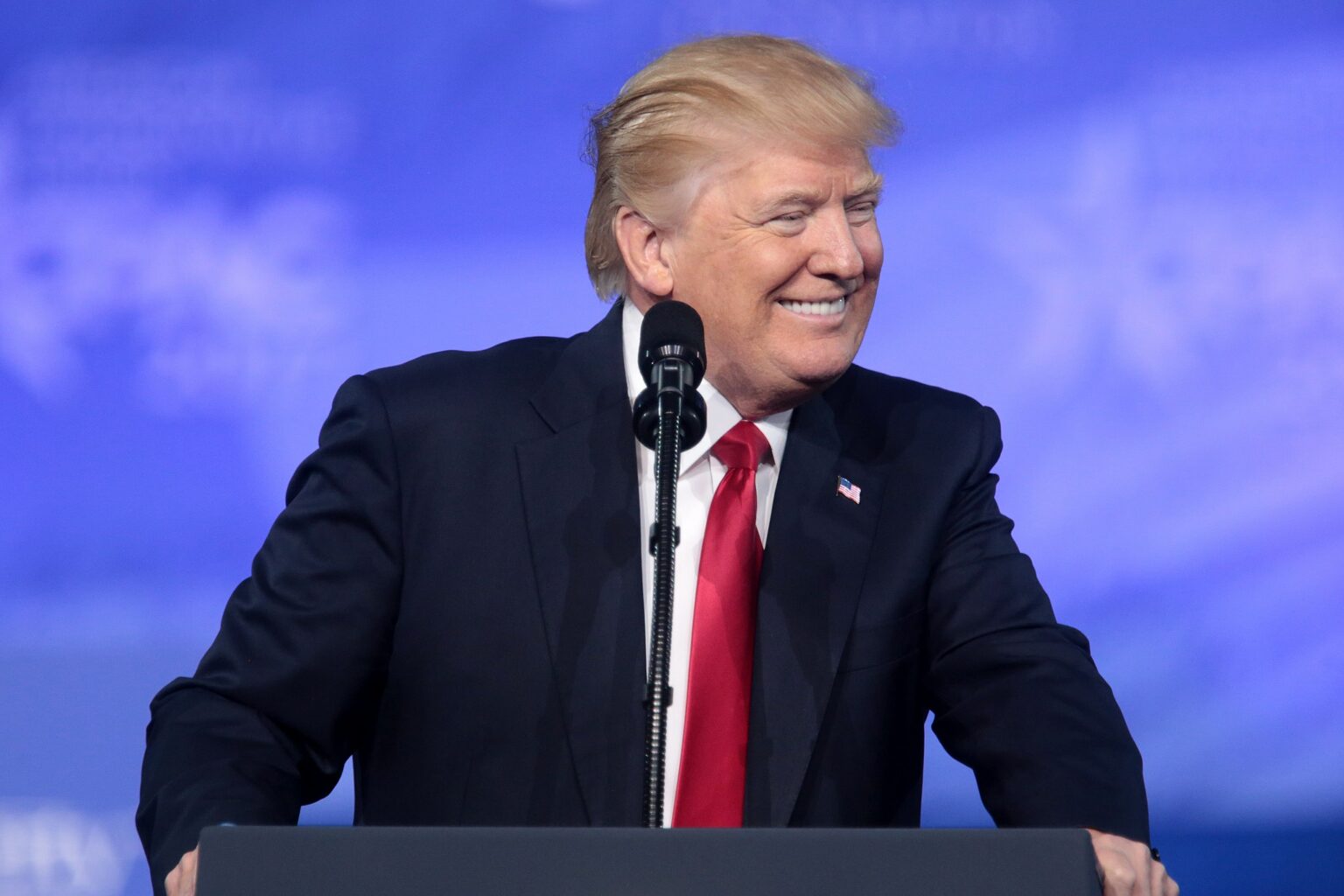Biden Uses Trump’s Words Against Him
The recent implementation of regulations by the Biden administration marks a significant step aimed at safeguarding the employment rights of millions of federal workers, amidst escalating rhetoric from former President Donald Trump vowing to dismantle what he perceives as the “deep state” should he secure a second term in office.
President Joe Biden has framed these regulations as essential in combating corruption and preventing partisan interference, thereby ensuring that civil servants are empowered to carry out their duties effectively. However, this move has been met with skepticism from the Right, which views it as an attempt to shield an entrenched federal bureaucracy from potential reforms under a Republican administration.
The Heritage Foundation-led Project 2025, representing conservative interests, asserts that the current administrative state is bloated and in dire need of streamlining, resizing, and depoliticization. This sentiment echoes longstanding calls within modern conservatism for a reduction in the size and scope of the federal government. However, this push has gained renewed momentum under Trump’s narrative, alleging that elements within the bureaucracy have actively worked against his agenda, exemplified by events such as the Russia investigation and the Capitol riot prosecutions.
Central to this debate is the nuanced question of the policymaking authority vested in federal government employees and the extent to which the president can hire and dismiss them. Both sides accuse each other of politicizing this issue, with Project 2025 advocating for greater accountability of federal agencies to voters, rather than being perceived as instruments wielded against them.
The National Treasury Employees Union (NTEU), representing workers across numerous government agencies, has welcomed Biden’s regulatory measures as a crucial step in preventing future administrations from politicizing the federal workforce. These regulations effectively restrict the arbitrary dismissal of career civil servants without just cause, thus reinforcing the merit-based principles of the civil service.
The specter of potential political influence looms large, especially considering the upcoming presidential election where Trump, as the presumptive GOP nominee, could seek a return to office. Trump’s previous executive actions, such as the creation of the “Schedule F” classification, which curtailed protections for certain employees, have been rescinded by Biden. Meanwhile, voices within the Republican Party, including Florida Governor Ron DeSantis, emphasize the need to ensure that federal employees remain accountable to the executive branch.
However, critics argue that initiatives like Schedule F risk politicizing the federal workforce by enabling the removal of nonpartisan professionals in favor of politically aligned appointees. This concern underscores the necessity of regulations like those proposed by Biden to maintain the integrity and independence of the civil service.
As these regulations are poised to take effect in the coming month, the debate surrounding the role and autonomy of federal employees in policymaking is likely to persist, reflecting broader ideological tensions over the scope of governmental authority and accountability.
